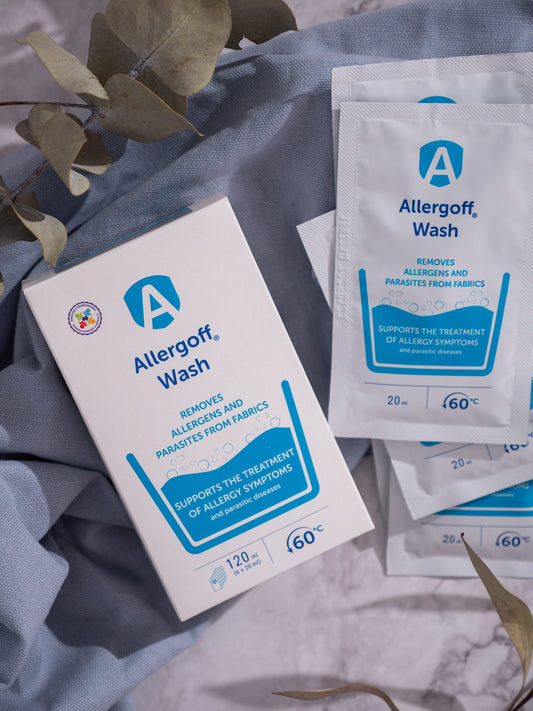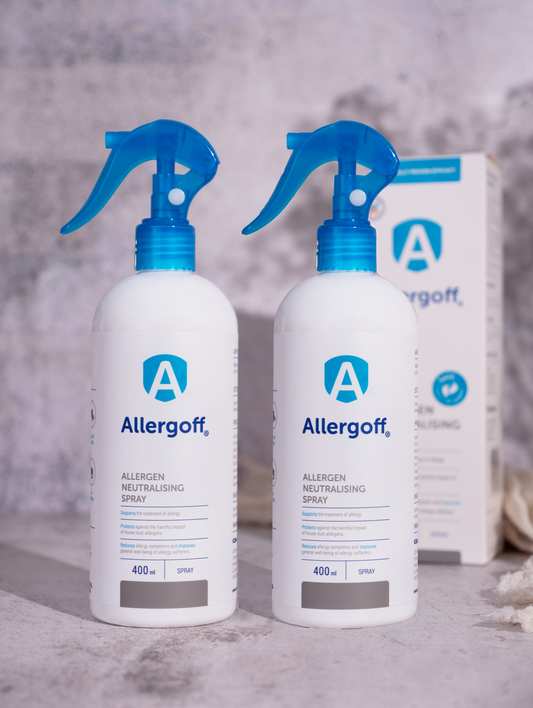
Share
Can you outgrow allergies or develop new ones later in life?
Knowledge Base
Can you outgrow allergies or develop new ones later in life?
You might hear parents say a child “grew out” of eczema, or adults wonder why spring pollen suddenly bothers them when it never used to.
These real-life changes are well-documented in allergy research. Below is a brief look at why allergies evolve and how you can influence the process.
These real-life changes are well-documented in allergy research. Below is a brief look at why allergies evolve and how you can influence the process.
| Factor | What science shows | Practical effect |
|---|---|---|
| Immune system development |
In infancy the immune
system is still learning
what is “safe.” Up to 60 %
of children with early food allergies outgrow at least
one by school age.
|
Eczema or milk and egg allergies often calm as tolerance builds. |
Cumulative allergen exposure |
Repeated contact can
either sensitise (increase responses) or desensitise(lower responses). Timing, dose, and genetics
all matter.
|
A dust-mite-rich bedroom can tip a predisposed child toward asthma; controlled exposure (such as Allergen immunotherapy) may do the opposite.
|
| Skin-barrier strength |
A well-hydrated, lipid-rich
skin barrier keeps allergens out. Barrier weakness lets them in, triggering immune activation.
|
Babies with persistent dry skin are more likely to develop food or environmental allergies later.
|
|
Hormonal changes
|
Puberty, pregnancy, and menopause alter immune signalling.
|
Some women notice new hay-fever symptoms during pregnancy, or asthma easing after menopause.
|
| Microbiome shifts |
Antibiotics, diet, and
lifestyle reshape gut and
skin bacteria that “train”
the immune system.
|
A diverse microbiome generally calms allergic tendencies; loss of diversity may do the opposite.
|
Allergies are dynamic. Understanding the science gives you the ability to reduce symptoms now, and influence how they develop in the years ahead.
-
Sale!

Allergoff Allergen Neutralising Spray 400mL
Rated 5.00 out of 5$59.95Original price was: $59.95.$45.95Current price is: $45.95. Add to cart -

Allergoff Atopy Skin Barrier Cream for Face and Body 75ml
Rated 5.00 out of 5$39.95 Add to cart -

Allergoff Atopy Skin Barrier Emulsion for Gentle Face and Body Cleansing 250mL
Rated 5.00 out of 5$48.00 Add to cart -
Sale!

Eczema Care Bundle
Rated 0 out of 5$147.90Original price was: $147.90.$99.00Current price is: $99.00. Add to cart




